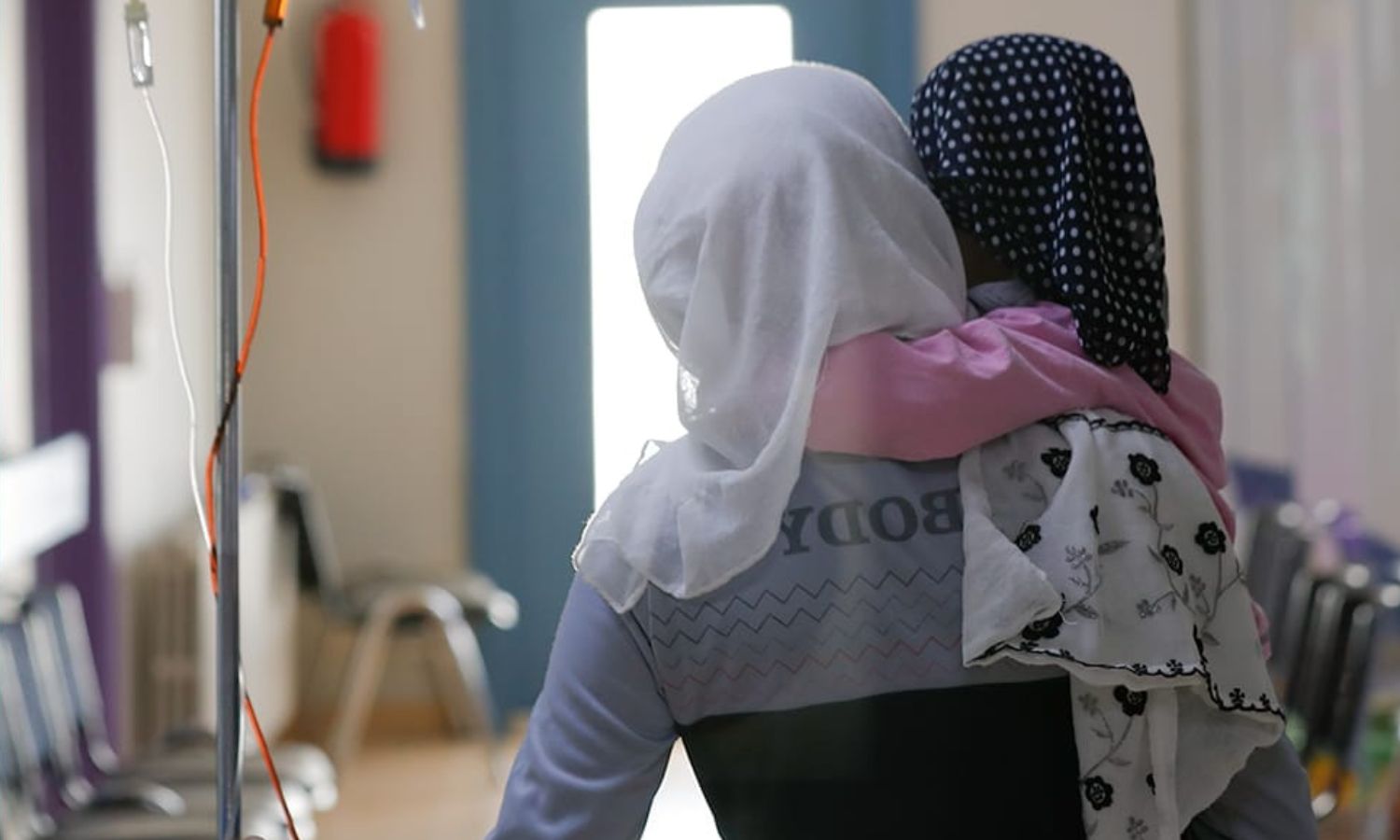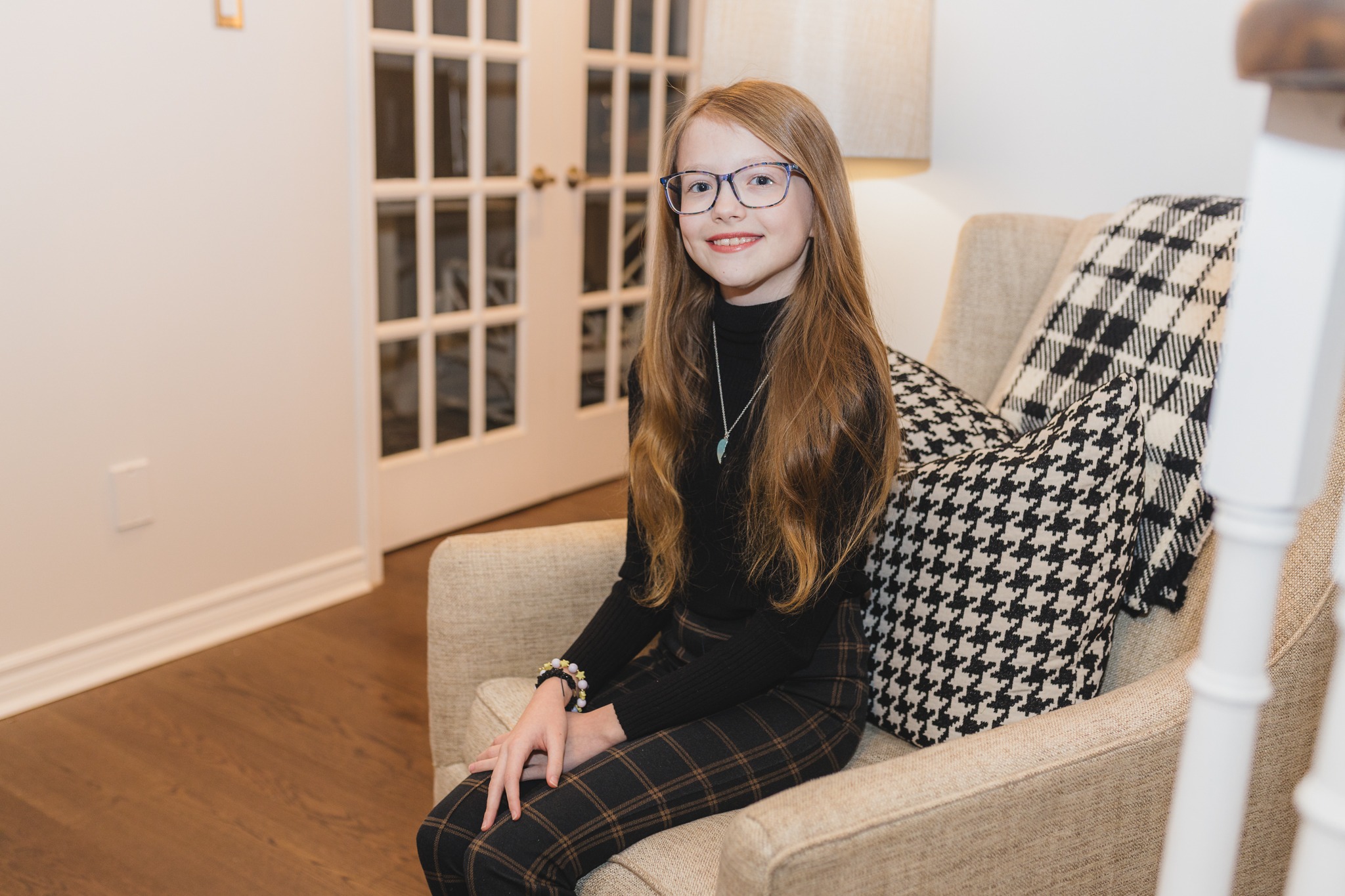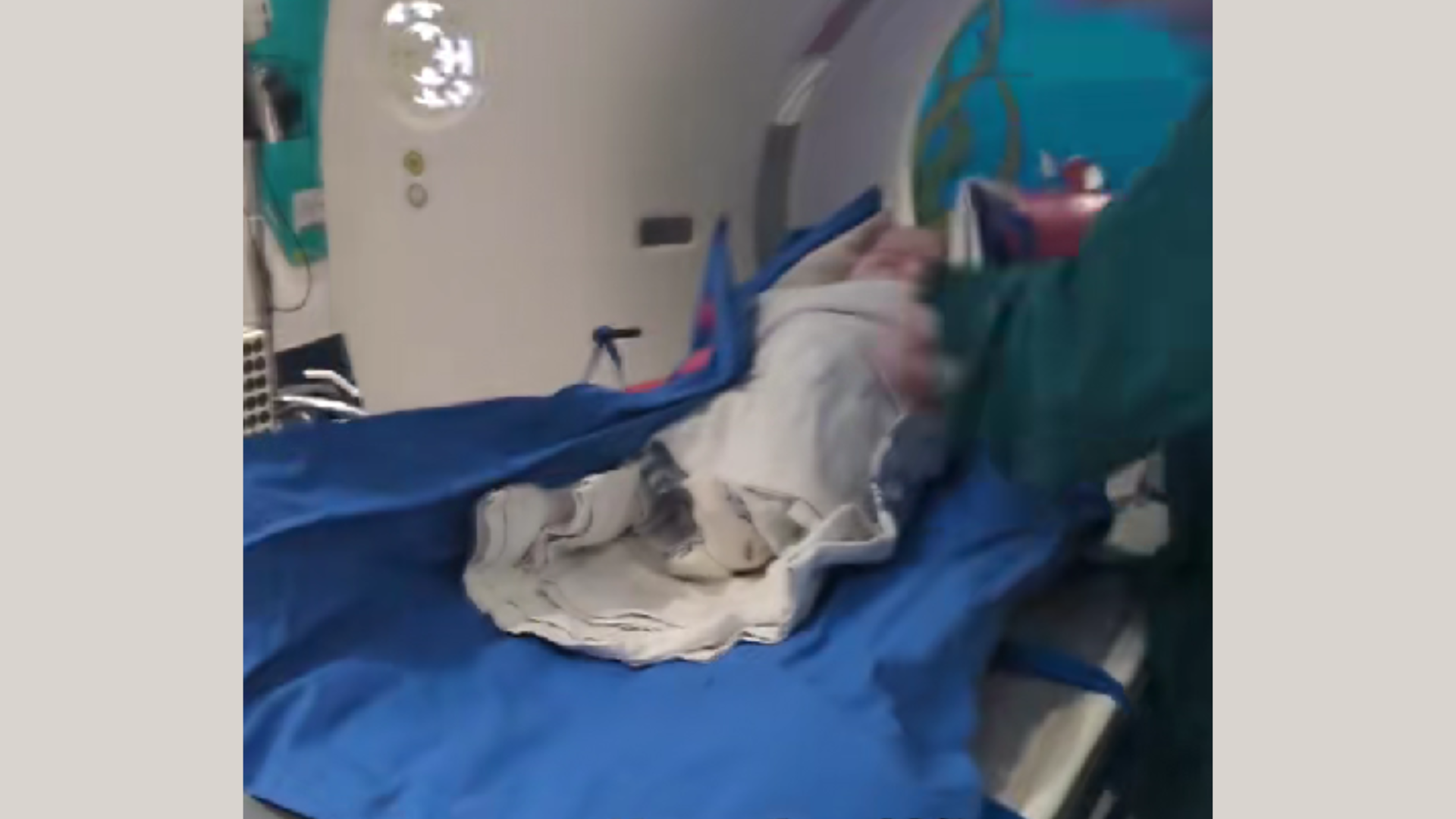On its global day, The reality of childhood cancer in Syria

February 15 marks the International Childhood Cancer Day, a global collaborative campaign to raise awareness about childhood cancer and to express support for children and adolescents affected by cancer, survivors, and their families.
According to the World Health Organization (WHO), about 400,000 children and adolescents under the age of 19 are diagnosed with cancer each year, and the survival rate in high-income countries is more than 80%, while in low-income countries, less than 30% survive.
The most common types of cancer among children include leukemia, brain cancer, lymphomas, and solid tumors such as neuroblastoma and Wilms’ tumors. These cannot be prevented or detected through screening.
Hospitals without doctors
In regions controlled by the regime, there are 14 hospitals that provide treatment for cancer patients, affiliated with the Ministry of Health, Higher Education, Scientific Research, and Defense, including the Basma Unit for Childhood Cancer Treatment, according to the Ministry of Health.
As of 2022, the number of radiation therapy devices includes five linear accelerators and five “cobalt” devices. Due to US sanctions imposed on the Syrian regime, maintenance of “high” technology devices and the import of replacement parts take time.
Despite the number of hospitals, the number of doctors specialized in treating children with cancer is “limited” due to the emigration of doctors, according to Osman Hamdan, head of the Hematology and Oncology Department at the Children’s Hospital.
In an interview with the local newspaper Al-Watan in April 2023, Hamdan said that the Children’s Hospital in Damascus annually receives between 200 and 300 new cases of children diagnosed with cancer.
Some organizations provide support for the care and treatment of children, and the number of beneficiaries has reached approximately 8,800 patients between treatment and monitoring.
Randa Barhoum, the secretary of the National Committee for Cancer Control, said in June 2023 that the Ministry of Health recorded about 17,599 new cases of various ages in 2020, without having a specific statistic for children.
It is expected that the number of cases will rise to 38,600 in 2030, according to Barhoum, who noted that cancer in Syria is the third leading cause of death, according to data issued by the Ministry of Health.
Northwest Syria: Border crisis
Cancer patients in northern Syria suffer from the lack of adequate treatment opportunities, leading to the deterioration of their health condition as they endure daily physical pain without any hope of obtaining proper treatment.
Since the February 6, 2023, earthquake, the number of patients being accepted in Turkish hospitals has decreased. These hospitals are the hope for many sufferers in search of treatment.
Mazen Alloush, the media office director of the Bab al-Hawa border crossing, told Enab Baladi today, February 15, that the number of cancer patients who entered Turkey for treatment after the Bab al-Hawa border crossing between Syria and Turkey announced the resumption of medical case crossings on July 25, 2023, reached 1,813 cancer patients.
The total number of patients who crossed the Bab al-Hawa for treatment in Turkey during the year 2023 is estimated to be 1,974 cases.
In January 2024, 229 cancer patients entered, and the estimated number of crossing patients in February is about 100 cases to date.
The total number of Syrian children who entered Turkey for treatment in 2023 is estimated to be 927 children out of 3,235 patients, but without specifying the number of cancer patients among them.
Turkish authorities only allow the entry of necessary emergency cases in small numbers, after direct coordination between the patient’s referral hospital and the emergency point. As for “cold” (non-urgent) cases, they enter after obtaining a new medical referral from the approved specialist, according to the medical coordination office at Bab al-Hawa crossing.
The number of cancer cases in northern Syria is about 3000, with women and children accounting for 65%, according to previous statements by Emad Zahran, director of the media office for the Idlib Health Directorate.
No centers in northeast Syria
Territories controlled by the Autonomous Administration of North and East Syria (AANES) do not have any childhood cancer treatment centers, while the updated medical center (Pearl Hospital) is located in the security square controlled by the regime in al-Hasakah.
The Syrian Society for Childhood Cancer Treatment opened the center in 2020, funded by the Syrian Humanitarian Fund managed by the United Nations Office for the Coordination of Humanitarian Affairs (OCHA) in cooperation with the al-Hasakah Health Directorate.
There are 1,637 children registered with the society in the cities of al-Hasakah and Qamishli.
In Raqqa city, there are 825 cancer cases including children and women, according to statistics conducted by the Specialized Treatment Center for Cancer Patients, without specifying the exact number of children.
In Deir Ezzor, doctor Bakr al-Sayed Ehbash told Enab Baladi that there is no statistic for cancer patients, in addition to the lack of treatment in the region, forcing patients to travel to Damascus for treatment.
One of the specialists treating in al-Bayrouni Hospital in Damascus, in a previous conversation with Enab Baladi, said that the hospital receives hundreds of cases monthly, 80% of whom are coming from the northeastern and northern governorates (Deir Ezzor, al-Hasakah, and Raqqa), including many children and women.
Lack of medications
Maha Manashi, assistant director of al-Bayrouni Hospital for medical services, said that the Ministry of Health faces a “large” number of obstacles in securing therapeutic and medical necessities due to sanctions imposed on Syria.
The oncology specialty was “most affected” by sanctions because most cancer drugs are imported from a single source.
According to the US Department of State, US sanctions on Syria typically do not include “good faith” humanitarian assistance or activities, and medications.
The US government runs programs with NGOs to deliver medications and foodstuffs to almost all parts of Syria, including areas controlled by the regime, according to the department.
Territories under the Autonomous Administration depend on medications coming from areas controlled by the regime.
Most patients in Deir Ezzor and Raqqa head to al-Hasakah or Damascus to obtain their doses.
A worker at a pharmaceutical warehouse in Qamishli told Enab Baladi that cancer medications are prohibitively expensive, and some are not available.
The prices of available doses range between 400,000 and 700,000 Syrian pounds, while the cost of cancer treatments can reach up to $1,500, and they are not available in the region.
Over a thousand child cases diagnosed daily around the world
The World Health Organization diagnoses more than 1,000 cases of children with cancer every day globally, highlighting the need for early treatment provision.
WHO has launched the “Treat All” initiative to boost international efforts in early detection and provision of appropriate treatment for children with cancer.
The initiative aims to reduce the mortality rate of childhood cancer and increase recovery rates by 2030 through improving health systems and directing efforts toward early diagnosis and effective treatment.
The success of the initiative depends on the ability of healthcare providers and pediatricians to detect early signs and symptoms of childhood cancer and start treatment promptly.
Childhood cancer varies in its forms and types, requiring efforts and resources to be directed towards detecting these cases and providing proper healthcare for affected children.
Common types of childhood cancer include leukemia, brain tumors, and retinoblastoma, which can be detected through early signs such as severe fever, an increase in eye size, and headaches.
link




:max_bytes(150000):strip_icc()/asian-sick-little-girl-lying-in-bed-with-a-high-fever-952683074-5b5b784046e0fb005027ca13.jpg)

